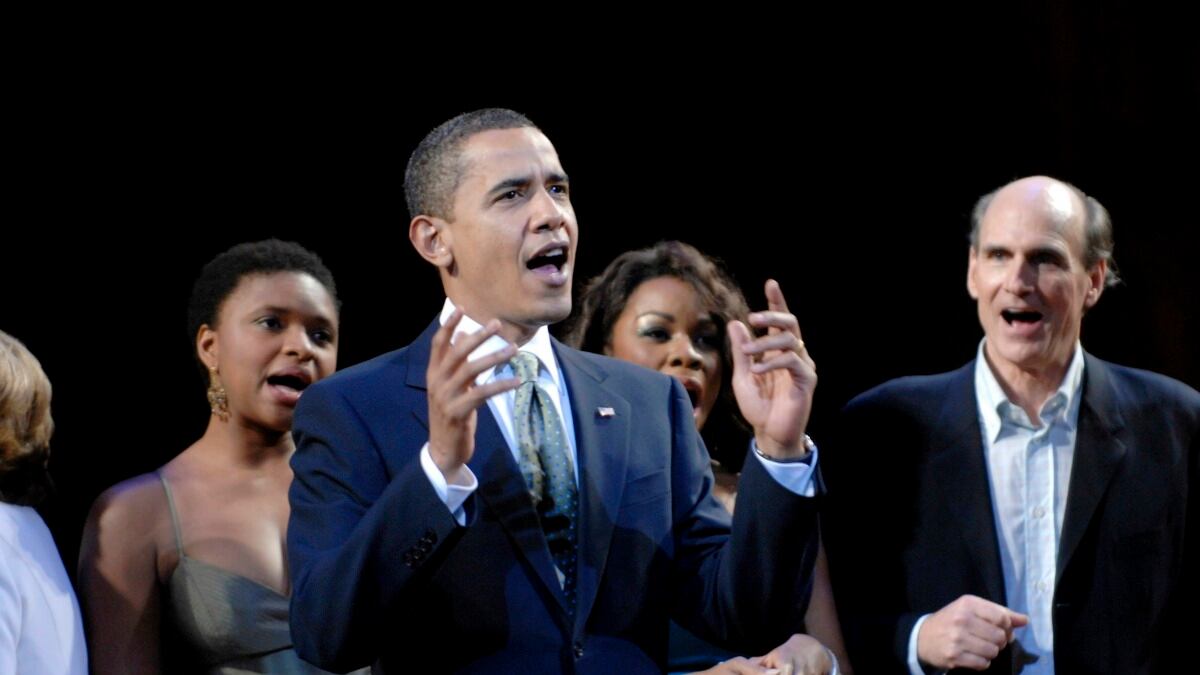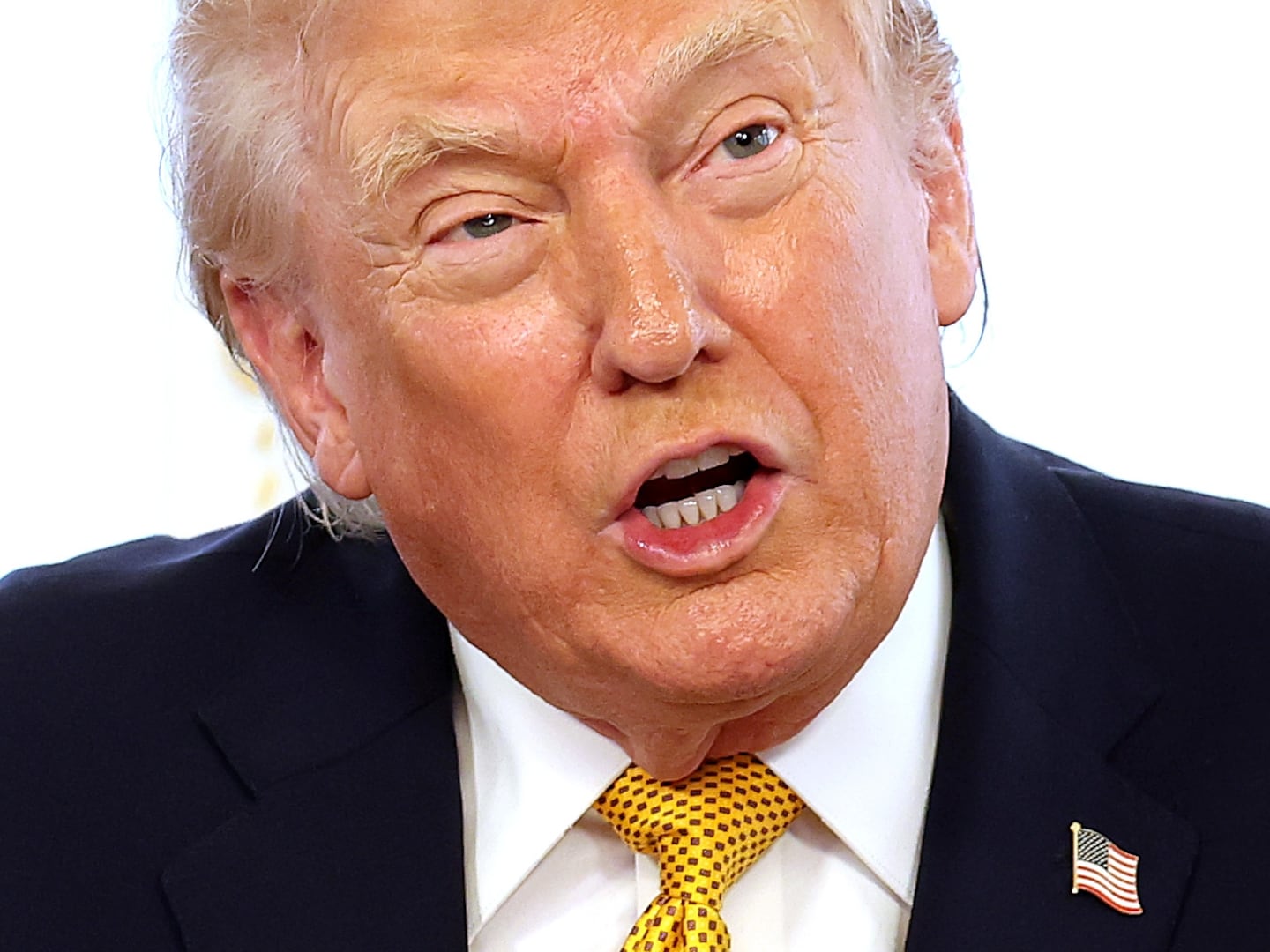
Reason one for the over-estimation of presidential communication is that this over-estimation suits the tastes and interests of political journalists.
If presidential elections are determined by larger demographic and economic trends, then journalists will have to write about a lot of tedious statistical matter. That sounds like work!
And it's especially uncongenial work to some of the most highly branded journalists in America.
Example: In January, President Obama appeared on stage at the Apollo Theater and briefly crooned a few bars of Al Green's "I'm So in Love With You." Those brief seconds of musicality provided Maureen Dowd with material for an entire column:
FOR eight seconds, we saw the president we had craved for three years: cool, joyous, funny, connected. ... Who knew, in the exuberance of 2008, that America was electing an introvert? And that one who touched so many felt above the touchy-feely-gritty parts of politics?
Etc.
Obama's cool and distant personality may explain some of his difficulties with Congress. Emphasize: may. To prove that, you'd have to talk to members of Congress, find members who might have been swayed by a more personal approach, and then show how the president's temperament and style repelled them instead.
Alternatively (or additionally), that personality surely explains some aspects of presidential decision-making: the reasons why he went this way on the economy or that way on Afghanistan. Such an approach pulls you into the details of executive-branch policy-making—which is very valuable information, but not the stuff that tends to generate clicks online.
Or you can watch the president on TV and make snarky comments about his demeanor (Obama is haughty, Bush is stupid, Clinton is goofy and lecherous, etc. etc.)—and thereby explain the president's recent bad approval numbers.
The man who came to Washington on a wave of euphoria has had a presidency with all the joy of a root canal, dragged down by W.’s recklessness and his own inability to read America’s panic and its thirst for a strong leader.
This latter approach is obviously a lot less taxing and a lot more fun. And the journalists who do that kind of commentary adamantly do not want to hear that their work is a waste of pixels.
—MORE TO COME—






